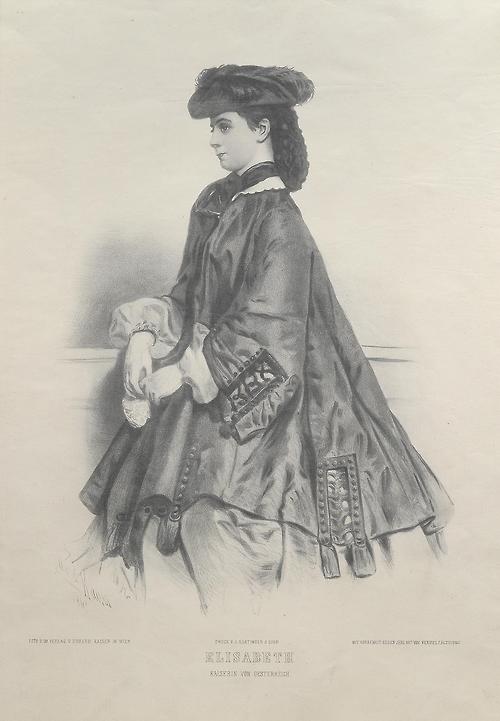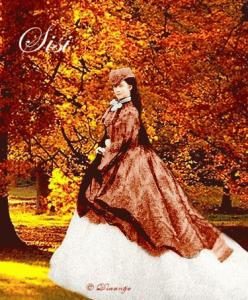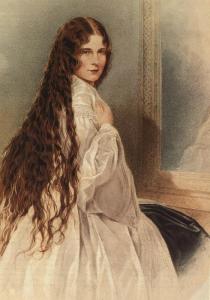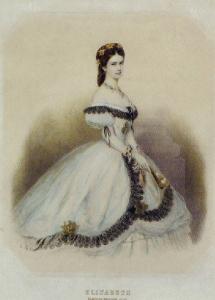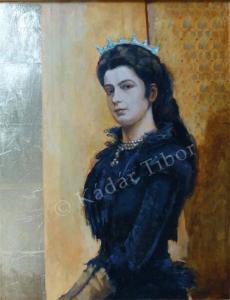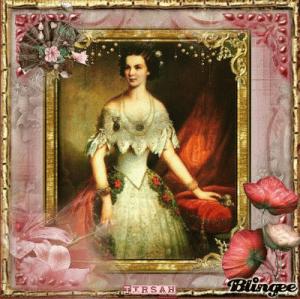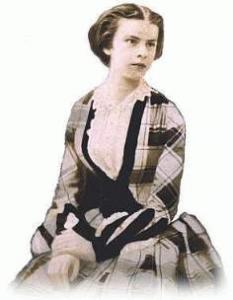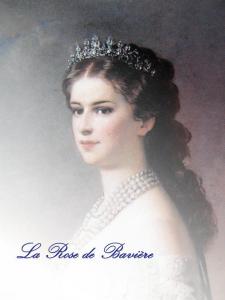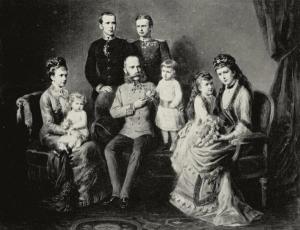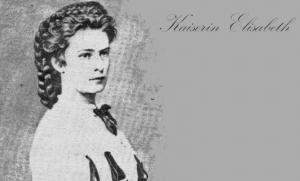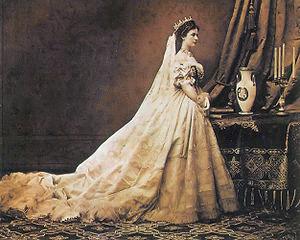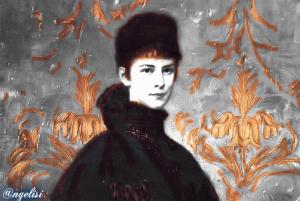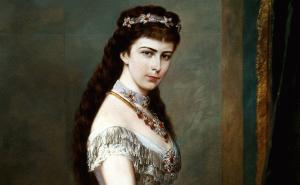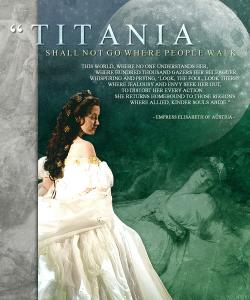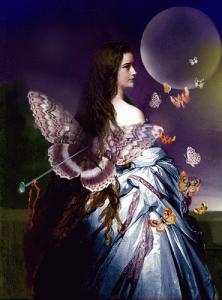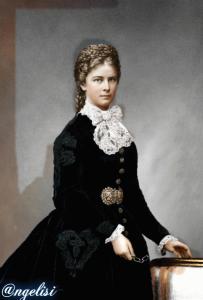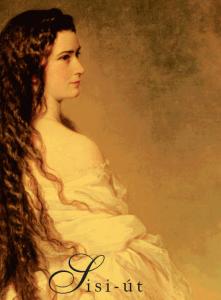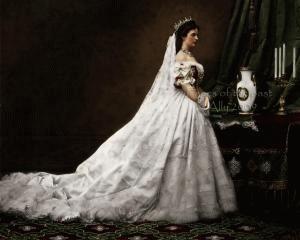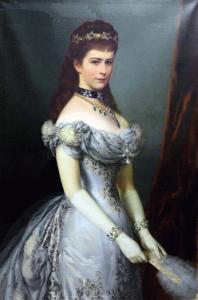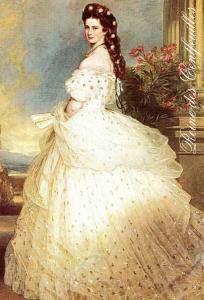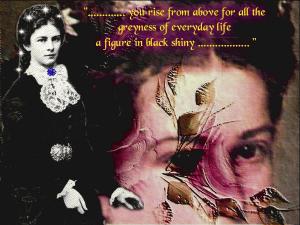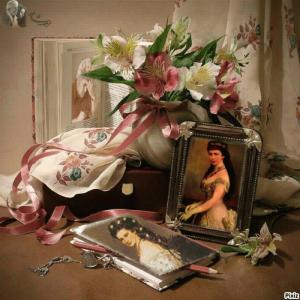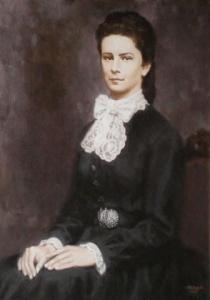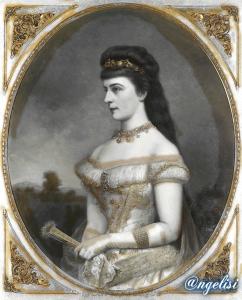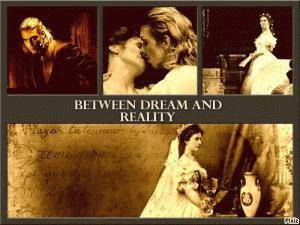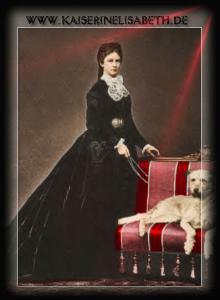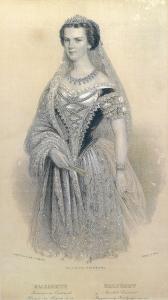Film " Elisabeth von Osterreich " 1931
The actress that have playing the role of Elisabeth
Film on the main of Sisi are in chronological order
Kaiserin Elisabeth von Österreich -1921
Die Schicksal Derer von Habsburg - 1928
Zweite Ludwig der König von Bayern - 1930
Elisabeth von Österreich - 1931
Kaiserwalzer - 1935
The King Steps Out - 1936
Kaiserin Elisabeth von Österreich - 1937
Prinzessin Sissy - 1938
Magyar Melody - 1939
Erzsebet Kiralyne - 1940
Le Secret de Mayerling - 1947
L'aigle à Deux Têtes - 1948
Kaiserwalser - 1953
Königwalser - 1955
Sissi - 1955
Kronprinz Rudolf Letzte Liebe - 1956
Glanz und Ende eines Ludwig II Königs - 1956
Sissi Empress' - 1956
The fate of an Empress Sissi - 1957
Mayerling - 1957
Mayerling - 1968
Elisabeth von Österreich - 1972
Ludwig - 1973
Fall of Eagles - 1974
Mayerling (Ballet) - 1978
Der Kronprinz - 1989
Sissi Waltz of Hearts - 1991
As a black gull - 1998
Sissi the Empress' Rebelle - 2003
Sissi Enigma of an empress 2006
The fate of a Prince - 2006
Sissi - 2009
Romy,Sissi,Cristiana
Ludwig........film by Luchino Visconti
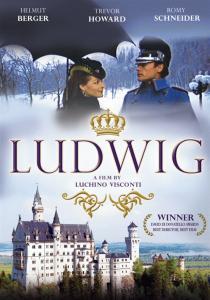
LUDWIG film by Luchino Visconti.
Director: Luchino Visconti With: Helmut Berger, Romy Schneider, Silvana Mangano, Umberto Orsini Genre: Biography Production: Italy / Germany / France Year: 1973 Length: 173 min. Plot: 1864, Ludwig von Wittelbach (Helmut Berger) is crowned king of Bavaria. Problematic as eccentric personality, much more interested in art than politics, especially the young king finds consolation in the strong spiritual passion that binds him to her cousin Elizabeth (Romy Schneider) and in the music of Richard Wagner. For this invites the famous musician in Bavaria (Trevor Howard) with his mistress Cosima von Bulov (Silvana Mangano), financing it conspicuously and dissipating huge sums for performances of his works, but is then forced to send him away for the discontent that has been created a bit 'anywhere. Over the years, Ludwig cares less about politics - beginning with the Austro-Prussian War he sees his younger brother Otto (John Moulder Brown) return unbalanced - to isolate themselves in the art world and in the castles he had built. The only points of reference are Elisabeth and Colonel Durkheim (Helmut Griem). Despite being attracted to men Ludwig decides to marry Sophie (Sonia Petrova)'s sister Elisabeth, and then, however, between the dismay of all, to give up the marriage. In the meantime becomes a lover of his valet Hornig (Marc Porel). Although pressure from political duties - these are the years in which you are forming the German Confederation - Ludwig, prematurely aged, spends his days in the castles, indulging in orgies with the squires. In 1866 he was deposed by the State Council, after a psychiatric evaluation of mental illness. On the night of June 13 was found drowned in the waters of Lake Starnberg with Dr. Gudden. For production purposes, Ludwig was first released in a shortened version (173 minutes long anyway ...), after the death of the director some friends have bought the rights and have created a version for much longer, according to a fairly reliable mounting. The current duration of four hours ago assume the film a thick bodied and a narrative rhythm more marked, in a series of blocks. The life of the last King of Bavaria is reconstructed through the testimonies of people close to him that evoke the most significant moments, bringing out clearly his tragic isolation and the gradual maturing of his inevitable fate. The whole story is focused on Ludwig, yet another figure defeated Film Visconti, through which comes out of emptiness (since his coronation, which is an empty ceremonial) of a power and then in the twilight of a class, the aristocracy, unable to keep up with a society changed. The unhappy king is the spokesman of exasperated romantic culture that does not accept the pragmatism of a society based on material goods and that you feel powerless in its historical function, so, despite the presence of Elisabeth and Durkheim, the only characters that able to have a conversation with him, he isolates himself more and more contemptuously in his fabulous castles, vagheggiando an impossible dream, a world made up only of poetry and utopias unglued from reality. The decadence of Ludwig - aestheticism carried to excess, loneliness, the vocation to death, delusions of grandeur - is a crucial prop in homosexuality, which enhances even more his departure from the norm. Obliged by reasons of state to marry, Ludwig discovers in himself the attraction to men, first with hesitation (in the episode of the squire caught bathing), then with growing acceptance, in a gradual crescendo spying naked torso Hornig of the relationship with him, the wild orgies with the grooms. Helmut Berger, in a movie all play beautifully reconstruct the atmosphere of this historic moment, fully describe the physical and mental deterioration of the king and his mind-boggling that can only arrive to death.
FROM THE SITE: http://www.culturagay.it/cg/recensione.php?id=11114
Erzsebet Kiralyne ( hungarian film 1940 )
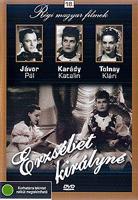
Erzsebeth Kiralyne (1940)
Other Titles: Erzsebeth Kiralyne
Nationality: Hungarian
Style: Historical, Drama
Length: 89 minutes
directed by:
Felix Podmaniczky
Plot:
The exiled revolutionaries daughter, Ida Elizabeth queen seeks support for his father. Vienna Neszmély Baron helps her get into the empress, who soon became the confidant of Ida will. The rebellious Hungarians, however, begin to re-organize themselves
Cast:
Catherine Karady Queen Elizabeth
Susan Tolnay Ida Latkóczy
Paul moose Neszmély Kalman Baron
Arthur Somlay Gabor Latkóczy
Gabor Rajnay Count Axamenti
Julius Gózon Uncle Galambos
Theodore Bilicsi Johann
Fenyvessy Eve Mici, actress
Makláry Z. Kropacsek
Bela Fay royal footman
Gustav Vándory Hungary's
Joseph Szabo Hungary's
Karola Zala aristocratic lady
Sala Domokos Hungary's

Das Schicksal derer von Habsburg
title
Das Schicksal derer von Habsburg
original language
German
Country of production
Germany
year
1,925
duration
2758 meters (7 rolls)
color
B / W
audio
dumb
report
1.33: 1
kind
dramatic / historical
direction
Rolf Raffe
Rolf Eckbauer (assistant director)
screenplay
max Ferner
Studio
Essem-Film GmbH
photography
Marius Holdt
scenery
Artur Berger
Cast and characters
Fritz Spira: Emperor Franz Joseph
Alphons Fryland: Crown Prince Rudolf
Franz Kammauf: Bratfisch - Coachman
Paul Askonas: Montenuovo
Carmen Cartellieri: Countess Larisch
Maly Delschaft: Stefanie
Willi Hubert: Franz Ferdinand
Albert Kersten: Count Hoyos
Irene Krauss: Baroness Helene Vetsera
Ferry Lukacs: Emperor Charles
Erna Morena: Empress Elisabeth
Ernst Recniczek: Philip of Coburg
Leni Riefenstahl: Maria Vetsera
Alice Roberts: Louise of Coburg
Minje van Gooten: Countess Chotek
plot
film in its original version told the grandeur and decadence of the Habsburg family. What remains today are not that nitrate in an advanced state of decomposition of the Italian and some fragments of the German version. This video tries to reconstruct the surviving material, the whole affair that sees historical characters from the very popular cinema (Sissi, Mary Vetsera, Crown Prince Rudolf, Franz Joseph and Franz Ferdinand). Here's what he tells in his autobiography, Leni Riefensthal Close time: Story of my life (Simon and Schuster, London 1995): "Then one day, to my surprise, I received for the first time the lead role in a feature film: I would Maria Vestera in the collapse of the Habsburg. Rolf Raffée The director was a name I did not know, and the film was inspired by the note, but even more mysterious tragedy of the successor to the Austrian throne, Prince Rudolph, who took his own life with the Baroness Maria Vetsera in the castle of Mayerling. I was really happy to finally have an important part in a film not directed by Arnold Fanck, filming would take place in Vienna at Schönbrunn Palace. When I was called on the set, I had a pretty high fever and therefore I did accompany my mother. quell'indisposizione But it was diphtheria and my health was getting worse by the day, I could not neither eat nor drink. The director on the other hand could not continue to postpone the shooting of my scenes, even because many other actors were related to commitments theater. thought so to reduce my part: the more my fever went up, the more my role became marginal. Finally came the last six days of work and, despite the high temperature, could recite . I never saw this movie, which, moreover, was withdrawn from theaters very soon I could not resign myself to the bad luck that had haunted me on one occasion so favorable for my acting career. " - LJLa Italian version of the film with the title The collapse of the Habsburgs, passed censorship October 31, 1929 under number 25195 with a length of 2807 meters.
From the site: http://www.mymovies.it/dizionario/recensione.asp?id=68338




